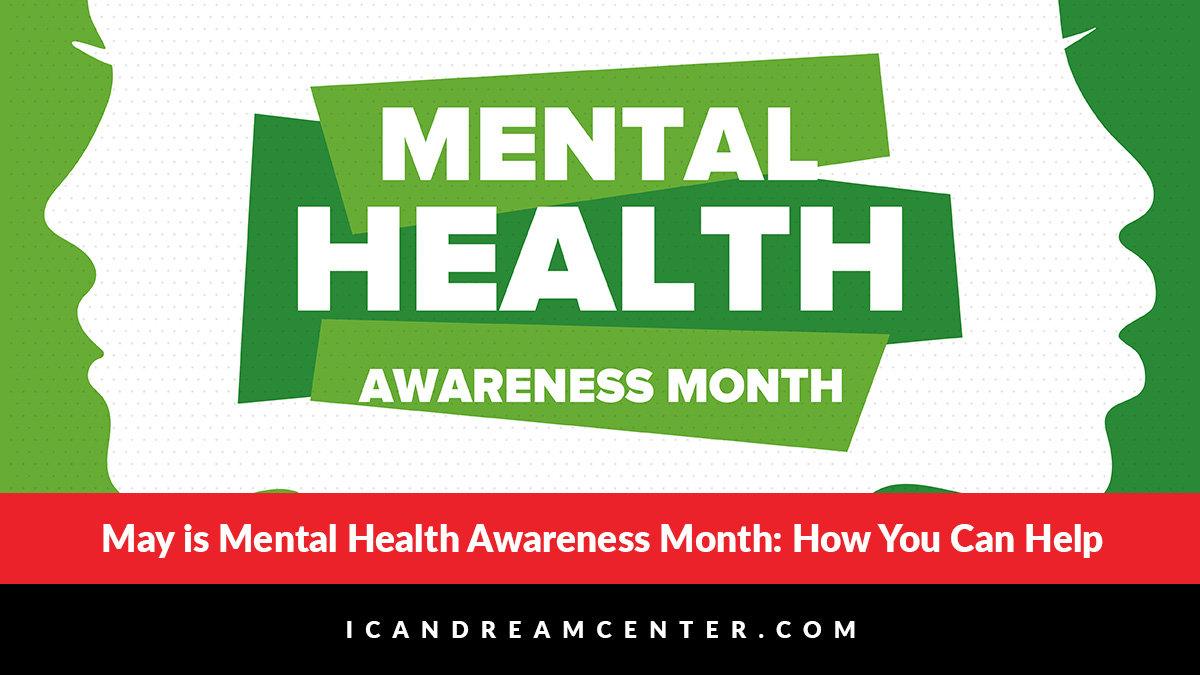
May is Mental Health Awareness Month: How You Can Help
Mental health is a crucial aspect of maintaining overall well-being. Unfortunately, access to quality mental health services is still a challenge in many communities. With approximately 1 in 4 people globally experiencing mental health issues in their lifetime (World Health Organization), it is essential to advocate for better mental health services in our communities.
This blog post will provide practical tips on how to advocate for better mental health services in your community.
Mental health is a crucial aspect of maintaining overall well-being. Unfortunately, access to quality mental health services is still a challenge in many communities. With approximately 1 in 4 people globally experiencing mental health issues in their lifetime (World Health Organization), it is essential to advocate for better mental health services in our communities.
This blog post will provide practical tips on how to advocate for better mental health services in your community.
1. Research: Before advocating for better mental health services, it is essential to research the current mental health services available in your community. This will help you identify the gaps and areas that need improvement. You can do this by visiting mental health clinics, talking to mental health professionals, or conducting an online search.
2. Collaboration: Collaboration is crucial when advocating for better mental health services. You can partner with mental health professionals, community organizations, and local authorities to push for better services. Collaborating with like-minded individuals and organizations helps to amplify your voice and increase your chances of success.
3. Raise Awareness: Raising awareness is a critical aspect of advocating for better mental health services. You can do this by organizing mental health awareness campaigns, using social media platforms to spread the message, and sharing personal stories to help reduce the stigma associated with mental health issues. Raising awareness helps to generate public interest and support for better mental health services.
4. Contact Elected Officials: Elected officials play a critical role in shaping mental health policy and funding. It is essential to contact your local elected officials to express your concerns about mental health services in your community. You can send letters, emails, or schedule meetings with them to discuss the issue and push for better mental health services.
5. Join Advocacy Groups: Joining mental health advocacy groups such as NAMI (National Alliance on Mental Illness) is an effective way of advocating for better mental health services. These groups have a collective voice and can exert pressure on policymakers to prioritize mental health issues. You can search for mental health advocacy groups in your community and join them to contribute to the cause.
6. Attend Community Meetings: Community meetings provide an opportunity to voice your concerns about mental health services in your community. You can attend these meetings and speak up about the need for better mental health services. Your voice can make a significant difference and help push for change.
7. Support Mental Health Funding: Mental health services require funding to improve and expand. Supporting mental health funding initiatives can help push for better mental health services. You can support mental health funding initiatives by signing petitions, attending rallies, or contacting elected officials to push for funding.
Advocating for better mental health services in your community requires effort, collaboration, and persistence. By using these tips, you can contribute to the cause and help improve mental health services in your community. Remember, mental health is a critical aspect of overall well-being, and everyone deserves access to quality mental health services.
